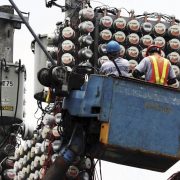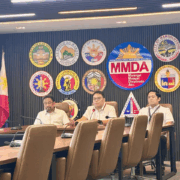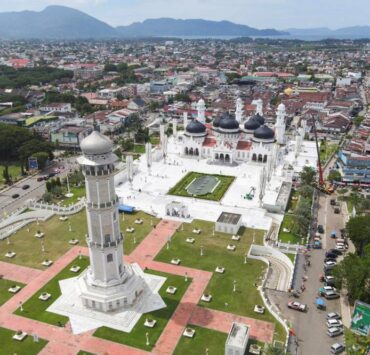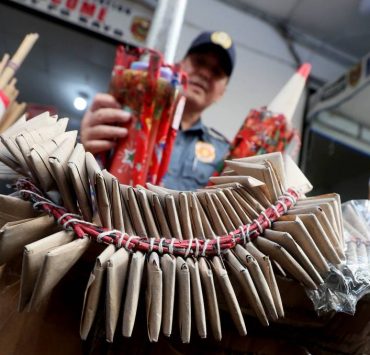DepEd slated to build 15,000 climate-resilient classrooms for half a million students
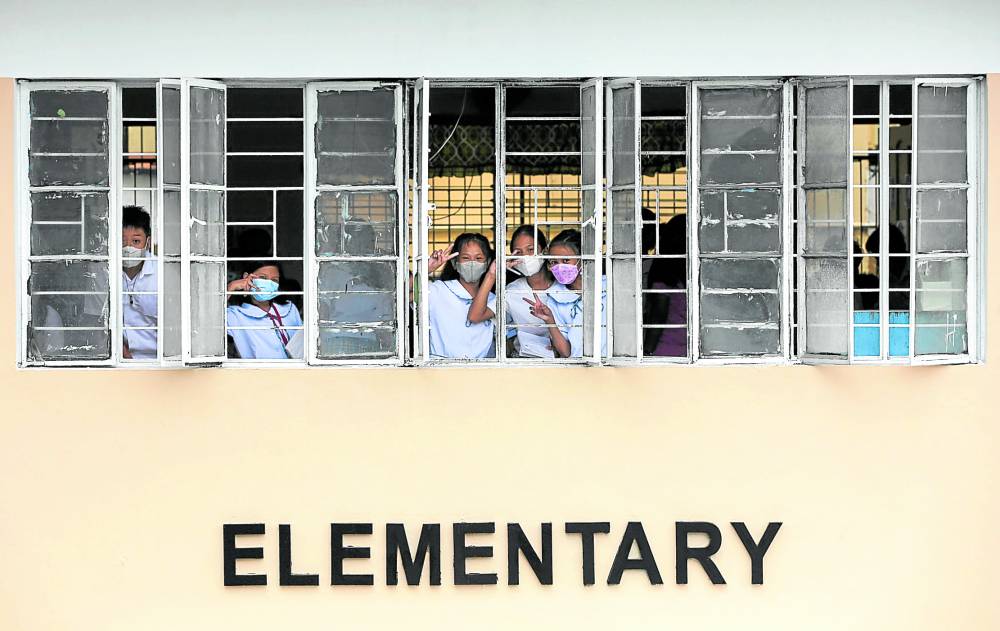
A total of 15,000 climate-resilient classrooms for about half a million students nationwide will be constructed next year in an effort to reduce classroom shortage in the public school system, the Department of Education (DepEd) announced in a statement on Friday.
The additional classrooms will be funded by a US$1-million technical assistance agreement that DepEd signed with the Public-Private Partnership (PPP) on Friday.
The project, which is seen to benefit around 600,000 students, will be part of the PPP for School Infrastructure Program Phase III. The classrooms will be built in some 1,600 public schools across nine regions.
DepEd is studying whether it could tap sustainable energy sources and other climate-resilient and sustainable features, such as rainwater catchments and solar panel systems, to ensure that they become “effective learning spaces.”
As part of its five-point reform agenda, DepEd prioritizes the construction and development of innovative school facilities, including school libraries.
Flagship mentoring program
Also on Friday, Education Secretary Sonny Angara signed a memorandum of agreement (MOA) with Secretary Rex Gatchalian of the Department of Social Welfare and Development (DSWD) for the extension of “Tara, Basa!” Tutoring Program” until 2028.
The renewed commitment between the two partner agencies was followed by the signing of Executive Order No. 22 by Executive Secretary Lucas Bersamin on Nov. 22. 76 declared ‘Tara, Basa!’ as the flagship mentoring program of the government.
Under this initiative, college students from low-income families are tapped to work as tutors or youth development workers in exchange for cash aid based on the prevailing minimum wage rates. Their learners are elementary students with poor reading proficiency.
The program was launched in August 2023, and in its second year of implementation this year, it had a total of 120,359 beneficiaries, including both tutors and learners.
The MOA will define the roles of DSWD and DepEd to ensure the program’s efficiency.
DSWD will be tasked to craft the program design and guidelines, monitor activities, conduct payout sessions, and develop digital learning materials, tutors’ guidebooks for tutors, learners’ workbooks, and “Nanay-Tatay” (mother and father) teacher modules.
DepEd, on the other hand, will have to endorse the list of public school students eligible for the program based on the results of the national assessment on reading comprehension. It will also have to provide the facilities and equipment for the learning sessions.
“We have always looked at it as a social welfare program trying to help the poorest college students graduate out of college,” Gatchalian said in a statement.
He added, “But we want to make sure that we are already starting the transition from pure straight doleout to something conditional and developmental.”
For his part, Angara expressed gratitude for the collaboration with DSWD to further enhance the program.





